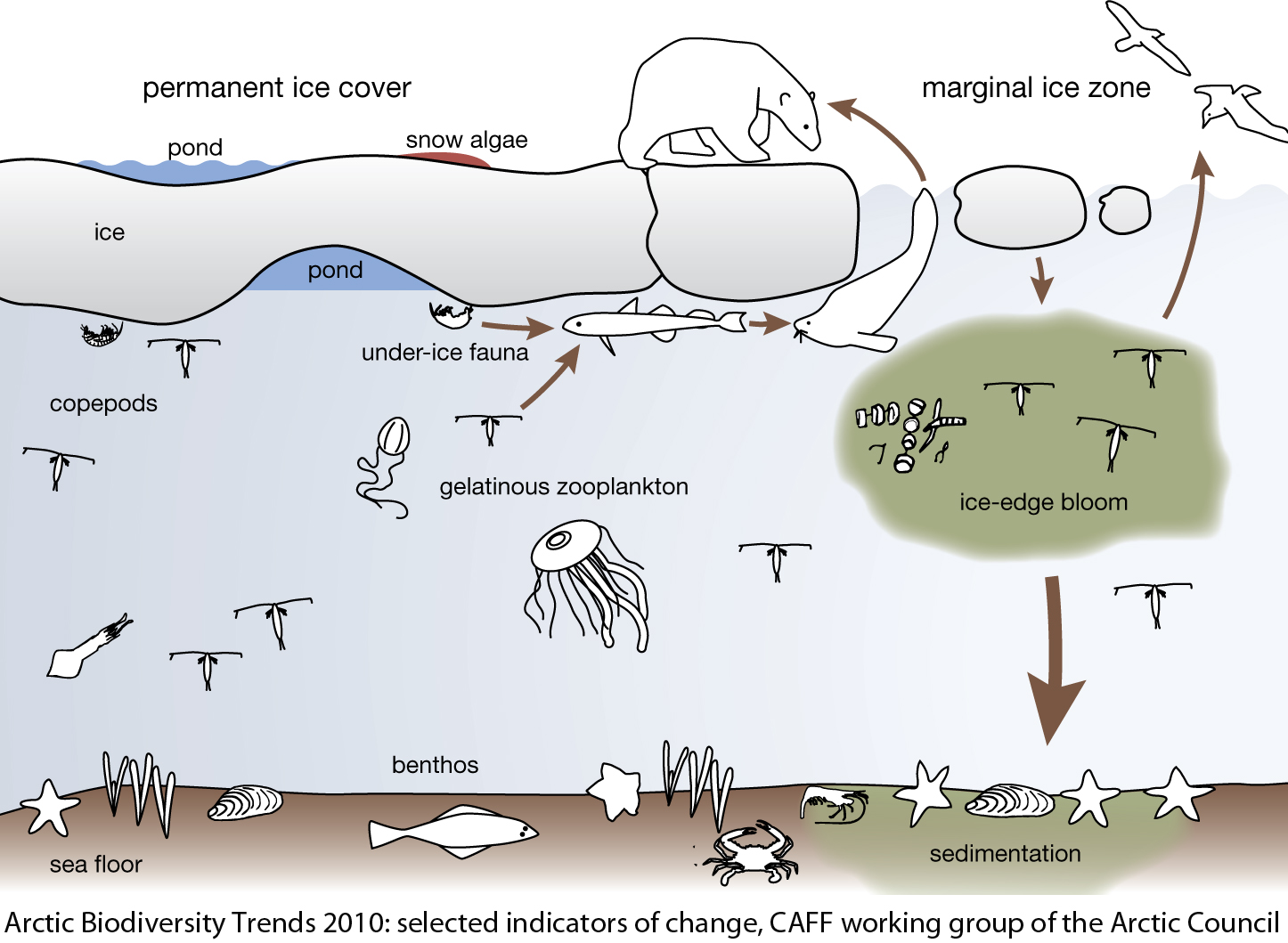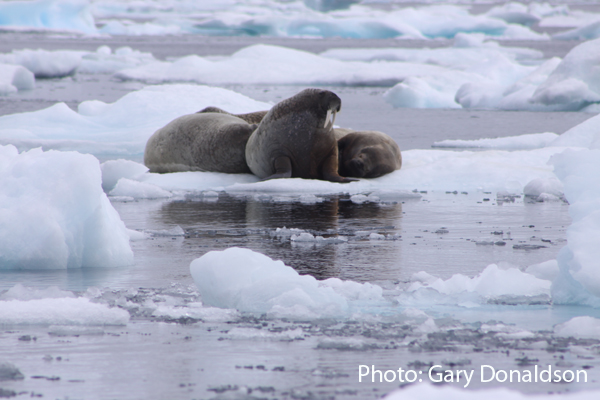Thirty scientists, managers and community experts from Russia, Canada, Greenland/ Denmark and the United States, including the Arctic Athabascan Council, Inuit Circumpolar Council, Gwich´in Council International, World Wildlife Fund Arctic and the Association of Polar Early Career Scientists met in Vancouver, Canada on March 22th to 23rd, 2011 to develop a technical report on the effects of sea-ice reduction on biodiversity in the Arctic and accompanying conservation scientific recommendations. Conservation of Arctic Flora and Fauna (CAFF) Working Group of the Arctic Council organised and managed the workshop.

The workshop considered urgent issues facing Arctic sea ice-associated biodiversity which included:
- An overview of sea ice ecosystems and the role of ice in regions where sea ice is integral
- The potential for wildlife and communities to adapt to a changing sea ice scenario
- Impacts of reduced sea ice on genetic diversity of species
- New species likely to establish as a result of reduction in sea ice
- Positive and negative effects of changes to species composition on other wildlife and people
- Priority actions that could be taken in support of sea ice-associated biodiversity
- Information gaps that require targeted research

Building on the results of this workshop the project will develop a technical report on the current status and trends of sea ice-associated biodiversity, including direct effects on marine species and indirect effects on terrestrial species. A second workshop will be held in Russia in autumn 2011 to finalise the report and develop accompanying conservation, scientific and policy recommendations.
For further information please contact: Tom Barry (Tom at Caff.is) /+354 8619824, +354 8619824. To download a press package, please visit the CAFF homepage
